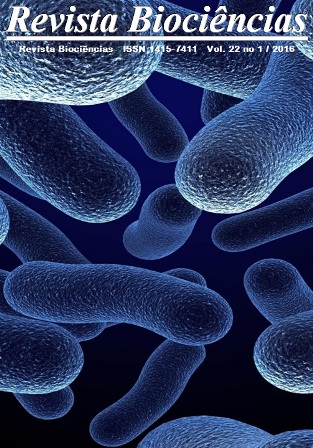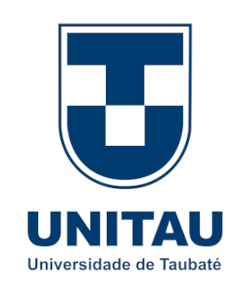Antibacterial activity of the crude extract produced by endophyte Diaporthe sp. GQ461588, isolated from Trichilia elegans, against Escherichia coli
Palabras clave:
antimicrobial action, cup plate assay, pathogenic bacterium.Resumen
Endophytic microorganisms, usually fungi and bacteria, live in the interior of healthy plants without causing apparent damage to them. Endophytic fungi from Diaporthe (= Phomopsis) genus represent an important group with biotechnology potential and can be isolated of several medicinal plants, such as Trichilia elegans (Meliaceae family). This plant, popularly known in Brazil as “pau-de-ervilha”, has anti-inflammatory, antiviral and anti-rheumatic activities. Some strains of the bacterium Escherichia coli, collectively called enteropathogenic E. coli, can cause diseases in humans. Considering that endophytic fungi constitute an alternative for the control of pathogens because they can synthesize bioactive natural products, this study aimed to evaluate the antibacterial activity of the crude ethyl acetate extract from endophytic fungus Diaporthe sp. (GenBank accession number GQ461588), isolated from T. elegans, against E. coli ATCC 25922. The results showed that Diaporthe sp. GQ461588 is promising for the production of compounds capable of inhibiting the growth of this bacterium, since inhibition halos with 13.98±0.39 mm of diameter were observed. This work suggests a possibility of one new antibacterial agent that can be investigated in further studies aiming its pharmaceutical use.Descargas
Los datos de descargas todavía no están disponibles.
Métricas
Cargando métricas ...
Descargas
Publicado
2016-11-20
Cómo citar
Assakura, A. H., Orlandelli, R. C., Specian, V., Garcia, A., Rhoden, S. A., Silva, M. C. S. e, … Pamphile, J. A. (2016). Antibacterial activity of the crude extract produced by endophyte Diaporthe sp. GQ461588, isolated from Trichilia elegans, against Escherichia coli. Revista Biociencias, 22(1), 48–55. Recuperado a partir de https://periodicos.unitau.br/biociencias/article/view/2038
Número
Sección
Ciências da Saúde






